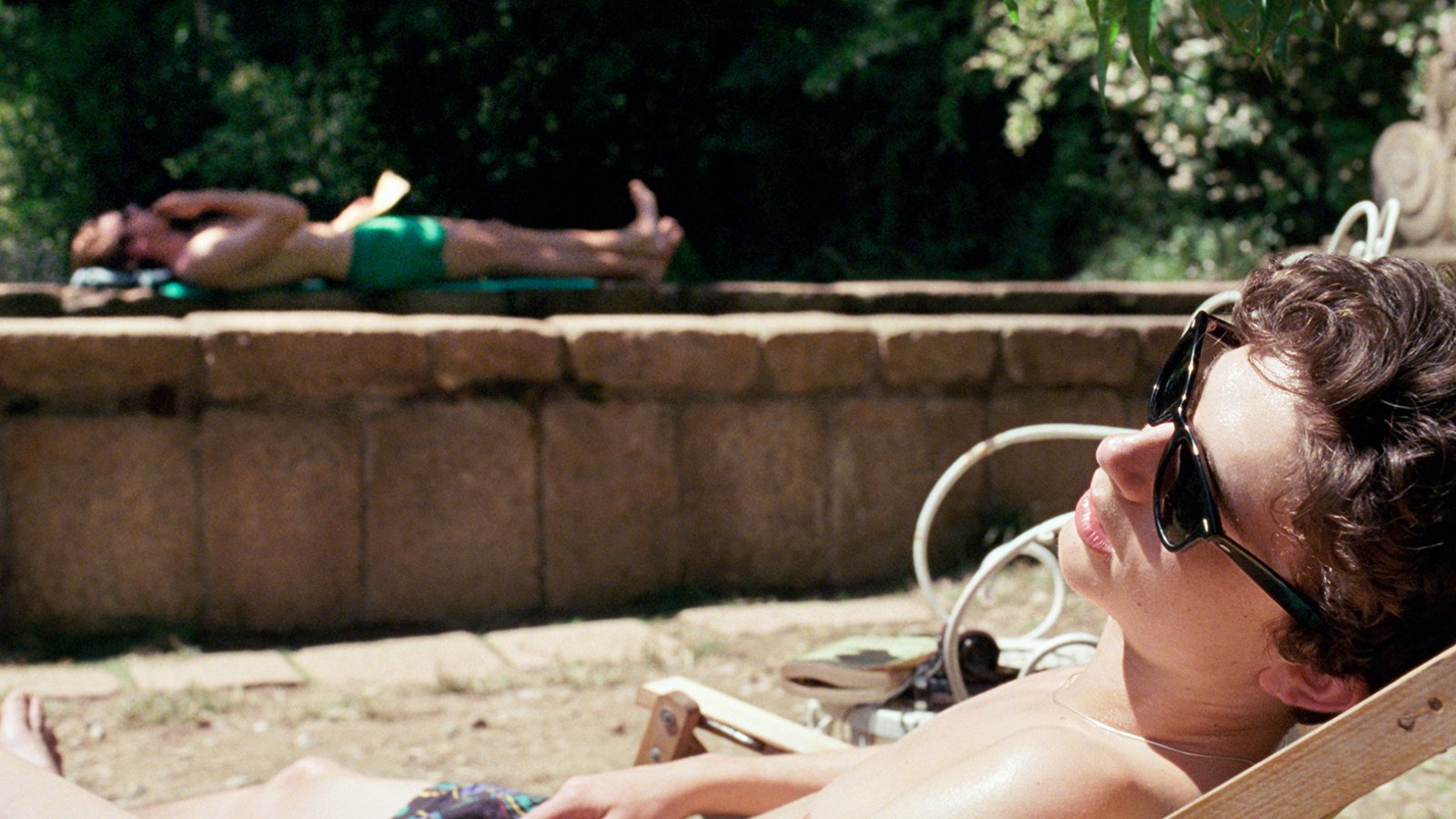(Don't) Call Me By Your Name
I have a confession to make:
I’m a 92-year old geriatric in the body of a 29-year old. This is to say Junior Mints are my movie candy of choice, and most of my theater experiences disappear from memory after a few weeks’ time.
Seeing Call Me By Your Name in theaters always stuck with me, though.
It was a first-date meetup and my first time seeing the film. My date had already seen the movie, loved it, and told me as much as we sat down in our seats.
“I’m convinced anyone who doesn’t cry from watching this is a robot.”
Two hours and an untouched pack of Kleenex later, we left the theater with an awkward silence hanging over us. Before the date even wrapped, it was clear there would be no future calls from either of us, let alone any future name-trading as a romantic sentiment.
While the jury’s still out on whether or not I’m devoid of human emotion, I can say that after multiple viewings of CMBYN I still struggle to connect with it. This was my third viewing of the movie, and it took just as many nights for me to make it through to the end credits - to the point where I had one hour left before I had to re-rent the film.
I’ll start by acknowledging the film’s positive qualities: the acting is uniformly excellent (not always a given for movies with a central gay storyline), the setting in Northern Italy provides gorgeous visuals, and it’s clear from both James Ivory’s script and Luca Guadagnino’s direction that all parties involved are committed to treating the characters with compassion. So then why do all of these elements add up to a whole less than the sum of its parts?
Maybe it just comes down to the lack of stakes throughout the film. From Elio and Oliver’s first scenes together, it’s a foregone conclusion these two characters will be romantically involved. There are a few roadblocks - Oliver initially appears uninterested in Elio, who then engages in a brief fling with his friend, Marzia - but these events are so fleeting they hardly register as genuine barriers to Elio and Oliver’s courtship.
Adding to these non-obstacles, Elio’s parents are extremely supportive, and it never seems as if he can’t confide in either one of them out of fear they won’t accept him. Before Elio reveals he’s interested in Oliver, his parents encourage their son to be open about his feelings with them and with others (via a heavy-handed reading of a fable). Mr. Perlman even alludes to previously having feelings for another man before he married Elio’s mother.
It truly feels as though the filmmakers aimed to make a fever dream of escapism rather than a story with enough realism to resonate beyond wish fulfillment. There’s value in seeing a young adult come to terms with their identity and being met with universal acceptance, certainly. Does it make for a compelling piece of dramatic storytelling? Not so much.
But what about that ending?
Here’s where I’ll give the film a little more credit. Given the time period and characters involved, the dissolution of Elio and Oliver’s relationship rings true. It’s clear from Oliver’s actions throughout the film that he isn’t as comfortable with his identity as Elio is with his. Oliver’s choice to marry a woman instead of pursuing his feelings for Elio makes sense and culminates in a bittersweet ending to their romance.
Thankfully, the film doesn’t rely on an AIDS-related death or one of the main characters being murdered by a homophobe to reach its cathartic conclusion. Heartbreak is a universal rite of passage, and the film acknowledges this with Elio’s fireplace mourning of his relationship with Oliver rather than the two riding off into the sunset together. Unlike the rest of the film, this moment presents a formidable hindrance for Elio and nails the feeling of losing a first love.
My qualms with CMBYN stem from an admittedly pessimistic perspective - I am one year shy of 30 which Mr. Perlman indicates is the age when we can go emotionally bankrupt - but I know this much: I won’t be extending the rental, and I won’t be calling anyone by my name.




Colin Rothamel never met a carb he didn’t like. In his free time, he enjoys all the activities one expects of an indoor cat as well as worshipping at the altar of St. Carly Rae Jepsen. To follow all things fabulous, find him on Instagram @colinrothamel